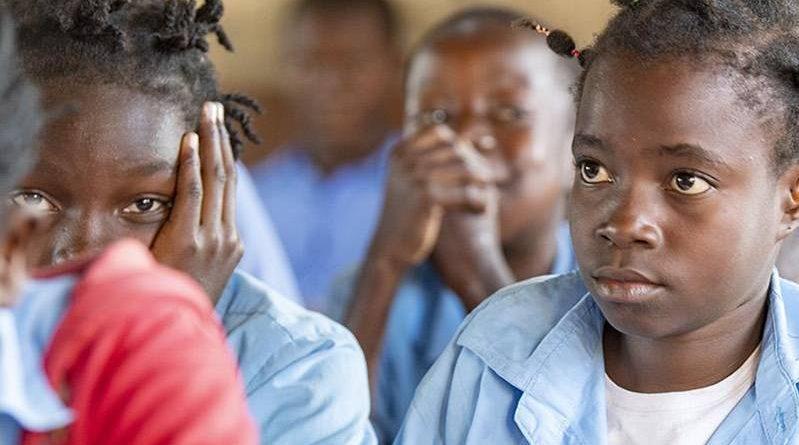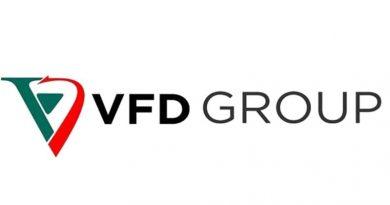Report on how COVID-19 impacted on education in Nigeria and other countries
New study in Nigeria and other low- and middle-income countries by T4 Education in collaboration with EdTech Hub finds that effective EdTech tools and techniques for progress monitoring in an online environment are essential if governments are to address learning gaps that have widened during the pandemic.
Tech limitations, particularly the high cost of data, and education assessment methods failed to accurately gauge student progress and identify learning losses created by COVID and piled pressure on teachers in Nigeria at a critical time, a new report released today by T4 Education in collaboration with EdTech Hub finds. The report, titled ‘Effective Assessment and Progress Monitoring in an Online Environment’, provides a vital insight into how tools and techniques for monitoring progress need to be improved if governments are to address learning gaps widened during the pandemic.
The study was conducted to understand how, during the COVID-19 pandemic, teachers and school leaders in Nigeria and other low- and middle-income countries (LMICs) approached assessing progress when students were learning remotely. The study was undertaken in six countries – Nigeria, Bangladesh, India, Pakistan, Philippines, and South Africa – and was based on focus group discussions with teachers and school leaders in each country.
The report highlights how consistent access to electricity proved a big challenge for teaching students and tracking their progress during the pandemic, as was a lack of access to devices.
The cost of data was also widely cited by study participants as an issue students and teachers had to contend with. Cheaper data rates at night meant students often had to work later in the evenings. A teacher in a rural area described how some of her students’ parents could not afford to buy 100 Naira worth of data (.20 GBP/.26 USD), which would be exhausted within 5-10 minutes. To help manage data costs, one suburban school replaced their use of Facebook with WhatsApp and Telegram, as those use less data than Facebook. Another suburban school switched from digital assessment to sending home printed worksheets because, as one teacher explained, the cost of data “was becoming cumbersome.”
In one case, a teacher in a remote area of Nigeria that had not been badly affected by COVID-19, held “illegal” classes in a rural school during lockdown. In another instance, a school leader from Nigeria who couldn’t reach her own students provided evening classes to the children who lived in her neighbourhood.
When digital tools could be employed, text and voice notes were commonly used for both instruction and assessment as practical ways of disseminating materials without using too much data. The practice of recording video lectures, posting on YouTube, then sending the link to their students was another method used by teachers. When students had free time and access to a device, they would study the posted materials then take a quiz to check for their learning. One teacher noted a positive aspect of this process, “It’s kind of self-paced.”
The pressure of attempting to ensure learning continued and progress was monitored effectively online, despite limited device access and data cost issues, created extremely inefficient workflows for teachers reliant on receiving hundreds of WhatsApp messages a day from students at different hours. This created significant workloads, stress, and often direct financial costs for teachers. The lack of student access to devices during the day often meant teachers working into the night.
Verna Lalbeharie, Executive Director of EdTech Hub, said:
“The extreme challenge placed on teachers in Nigeria and around the world to provide continuity of learning for students in a long-term emergency environment is something from which we must learn.”
There is no piece of technology that can replace the art of good teaching. This was true before the pandemic and has been deeply underscored in the last two years. What we can do, however, is enhance that art by providing teachers with evidence-based, effective tools and assessment systems which are essential to tackling learning losses in LMICs exacerbated by the pandemic. And drawing on the lessons learned in this report, we can prepare for and properly monitor student progress the next time a crisis forces schools to close.” The full study can be downloaded here – T4_Assessment and Progress Monitoring Online-F1.pdf
ABOUT T4 EDUCATION:
We believe every child everywhere deserves a good education. We are building the world’s largest community of teachers and schools to achieve this. Together. Our digital media platform provides opportunities for educators to network, collaborate, share good practices, and support each other’s efforts to improve learning. We work to amplify teachers’ voices because the world we want to see will only be built by listening to those at the heart of education.
We’ve created the world’s first dedicated multi-country research panel of teachers. Working with our 200,000+ and growing global community of teachers, we are able to offer large scale, timely and genuinely global coverage for both syndicated and bespoke research services. Finally, teachers’ voices will be heard.
ABOUT EDTECH HUB
EdTech Hub is a global research partnership. Our goal is to empower people by giving them the evidence they need to make decisions about technology in education. Through an integrated approach that marries research, technical assistance and innovation, EdTech Hub works to address the educational challenges faced by low- and middle-income countries around the world – specifically Bangladesh, Ghana, Kenya, Pakistan, Sierra Leone and Tanzania – by collaborating with partners to provide governments with the resources to effectively integrate EdTech into their education systems. We are supported by the Foreign, Commonwealth and Development Office (FCDO), Bill and Melinda Gates Foundation, World Bank, and UNICEF. Learn more at www.edtechhub.org.




